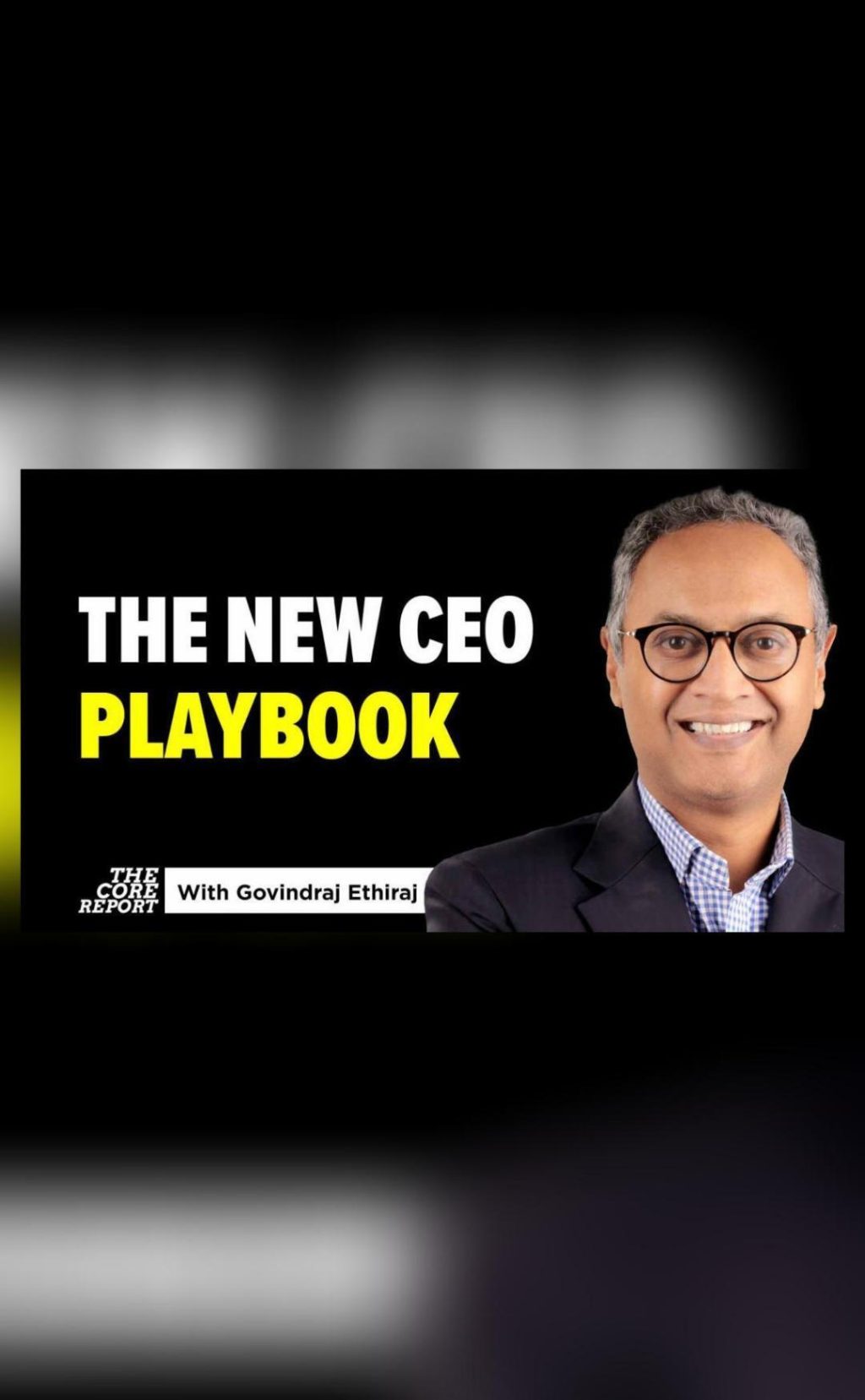
The New CEO Playbook: AI Pressures & Global Tariff Shocks
As the world becomes increasingly interconnected, global CEOs are facing a perfect storm of challenges that threaten to disrupt the very fabric of their businesses. The rapid advancement of Artificial Intelligence (AI) is reshaping industries, while global tariff shocks are disrupting trade and commerce. In this new reality, business leaders must rethink their strategy and operations to remain competitive and relevant.
Internal Pressures to Automate and Innovate
One of the primary challenges facing CEOs today is the need to automate and innovate within their organizations. As AI becomes increasingly sophisticated, companies are under pressure to adopt new technologies to remain competitive. This requires significant investments in research and development, as well as training and upskilling of existing employees. According to a recent survey by Deloitte, 63% of CEOs believe that AI will have a significant impact on their industry in the next three years.
However, the pressure to automate and innovate is not limited to just technology. CEOs are also expected to drive cultural and organizational changes within their companies. This includes creating a culture of innovation, empowering employees to take risks, and fostering a spirit of experimentation and collaboration. As McKinsey notes, “Companies that adapt to changing circumstances are more likely to succeed than those that do not.”
External Forces: Shifting Trade Policies and Tariffs
In addition to internal pressures, CEOs are also facing unprecedented external challenges. The global trade landscape is undergoing a significant transformation, driven by shifting policies and tariffs. The rise of protectionism, led by countries like the United States and China, has created uncertainty and volatility in global trade.
The impact of tariffs on businesses is far-reaching. According to the World Trade Organization (WTO), global trade has fallen by 2% in the past year, with tariffs being a major contributor to this decline. For CEOs, this means navigating a complex web of tariffs, quotas, and trade agreements to maintain their competitiveness.
Localizing, Adapting, and Reconsidering Business Models
In response to these challenges, CEOs are being forced to rethink their strategy and operations. One key tactic is localization, where companies are shifting their focus to specific geographic markets and adapting their products and services to local needs. This requires a deep understanding of local cultures, regulatory environments, and consumer preferences.
Another key strategy is adaptation, where companies are modifying their business models to respond to changing market conditions. This may involve diversifying product lines, expanding into new markets, or developing new revenue streams. As Bain & Company notes, “Companies that are able to adapt quickly to changing circumstances are better positioned to succeed than those that do not.”
Finally, CEOs are being forced to reconsider their long-held business models. With the rise of digital technologies, traditional industries are being disrupted, and new business models are emerging. Companies that are able to pivot and adapt to these changes are more likely to succeed in the long term.
Conclusion
In conclusion, the new CEO playbook is all about responding to the twin challenges of AI pressures and global tariff shocks. This requires a combination of internal and external strategies, including automation, innovation, localization, adaptation, and business model transformation.
As the global business landscape continues to evolve, CEOs must be prepared to adapt quickly to changing circumstances. This means staying agile, embracing change, and building resilience into their organizations. As PwC notes, “Companies that are able to navigate these challenges will be better positioned to succeed in the long term.”
References
- Deloitte. (2020). Global CEO Survey.
- McKinsey. (2020). How companies can adapt to a rapidly changing world.
- World Trade Organization. (2020). Global trade update.
- Bain & Company. (2020). The adaptability imperative.
News Source:






